Semarang — The Bureaucracy and Governance Expertise Group (KBK), Department of Politics and Government, Faculty of Social and Political Sciences (FISIP) Diponegoro University, in collaboration with Transparency International Indonesia (TI Indonesia), held a public discussion titled “Democracy, Policy, and the Future of Civic Space” on Wednesday, November 26, 2025, at the Student Activity Center, FISIP Undip Building D. This three-hour event brought together academics, members of the public, and journalists, and served as a critical forum to discuss the dynamics of democracy and the challenges to civic space in the first year of Prabowo Subianto’s administration.
On this occasion, the Dean of FISIP Undip, Dr. Drs. Teguh Yuwono, M.Pol.Admin, opened the event by emphasizing the important role of the university as a space for academic dialogue in order to stay relevant with the changing times. “Discussions like this are important so that society, especially students, can better understand the political situation,” he said.
The discussion session began with a presentation by Danang Widoyoko, Ph.D, Secretary General of TI Indonesia, who stressed the need for a new approach in combating corruption. According to him, we cannot accept it when officials keep voicing anti-corruption statements while at the same time running the government with particularistic practices, awarding public projects to those within their inner circle. The traits of particularism include the distribution of public goods based on group membership or connections, influence and status as main currency, and systemic corruption that becomes socially accepted.
Danang provided examples of several policies in the first year of Prabowo’s administration that are considered vulnerable to particularistic practices. The Free Nutritious Meals Program, for instance, involves many party cadres in its implementation, potentially leading to conflicts of interest. He also pointed out the huge allocation for defense spending with a closed tender mechanism, which he believes opens opportunities for rent-seeking. In addition, the formation of 80,000 Merah Putih Cooperatives is seen as overlapping with existing cooperative institutions, raising questions on their effectiveness and the motives behind the policy. “Today’s government focuses on prosecuting corruption through law enforcement, but does not encourage the emergence of new norms in eradicating corruption,” Danang said.
The second speaker, Dr. Kushandajani, M.S., a lecturer at FISIP Undip, emphasized the state of the current civic space. In practice, civic space is not yet completely safe as there are still threats such as digital attacks, criminalization, and political pressure against civil society groups. Kushandajani argued that democracy is not a final goal but a long process that requires commitment to protecting freedom of expression and citizen participation. She stressed the importance of education and media as the main pillars of a healthy and critical civic space.
Meanwhile, Zakki Amali, Research Manager at Trendasia.org, discussed the political-economic dynamics in the current administration. He noted that Indonesia’s economic policy orientation tends to revert to a command economy pattern, centralized in the hands of the central government. According to Zakki, this model does not address the root problems and only creates a new cycle of power legitimacy. He observes that government policies often serve as formal justifications, granting certain exceptions that open loopholes for the political elite. Zakki argued that the first year of the Prabowo administration reflects short-term ambitions focused on the Free Nutritious Meals program and the strengthening of militarism. In his view, these policy directions indicate efforts to build a new power structure resembling the old ABG (ABRI, Bureaucrat, Golkar) formation, now through the TNI, National Nutrition Agency, and Gerindra.
The public discussion became livelier when participants raised questions about recent issues, such as transparency in the Whoosh high-speed rail project, potential limitations on civic space through the Criminal Procedure Code (KUHAP), and how to avoid the ITE Law, which often entangles critics of the government.
The discussion concluded with the affirmation that Indonesian democracy can only thrive if civic space continues to be strengthened and the public remains critical of state policies. The event proceeded in a conducive manner and provided participants with an opportunity to reflect on the challenges facing contemporary democracy, while underscoring the crucial role of civil society in promoting accountability and transparency in governance in Indonesia.

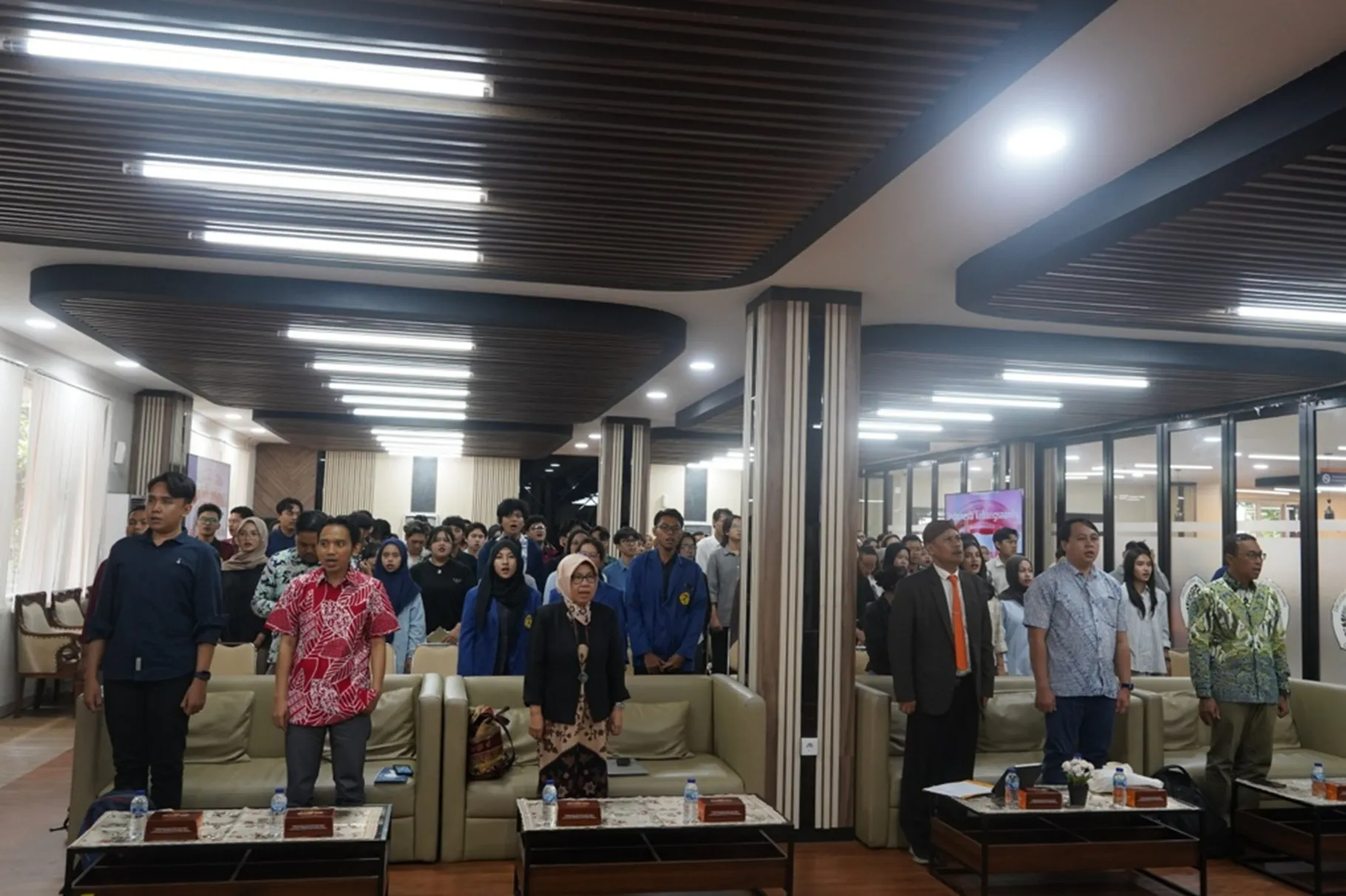
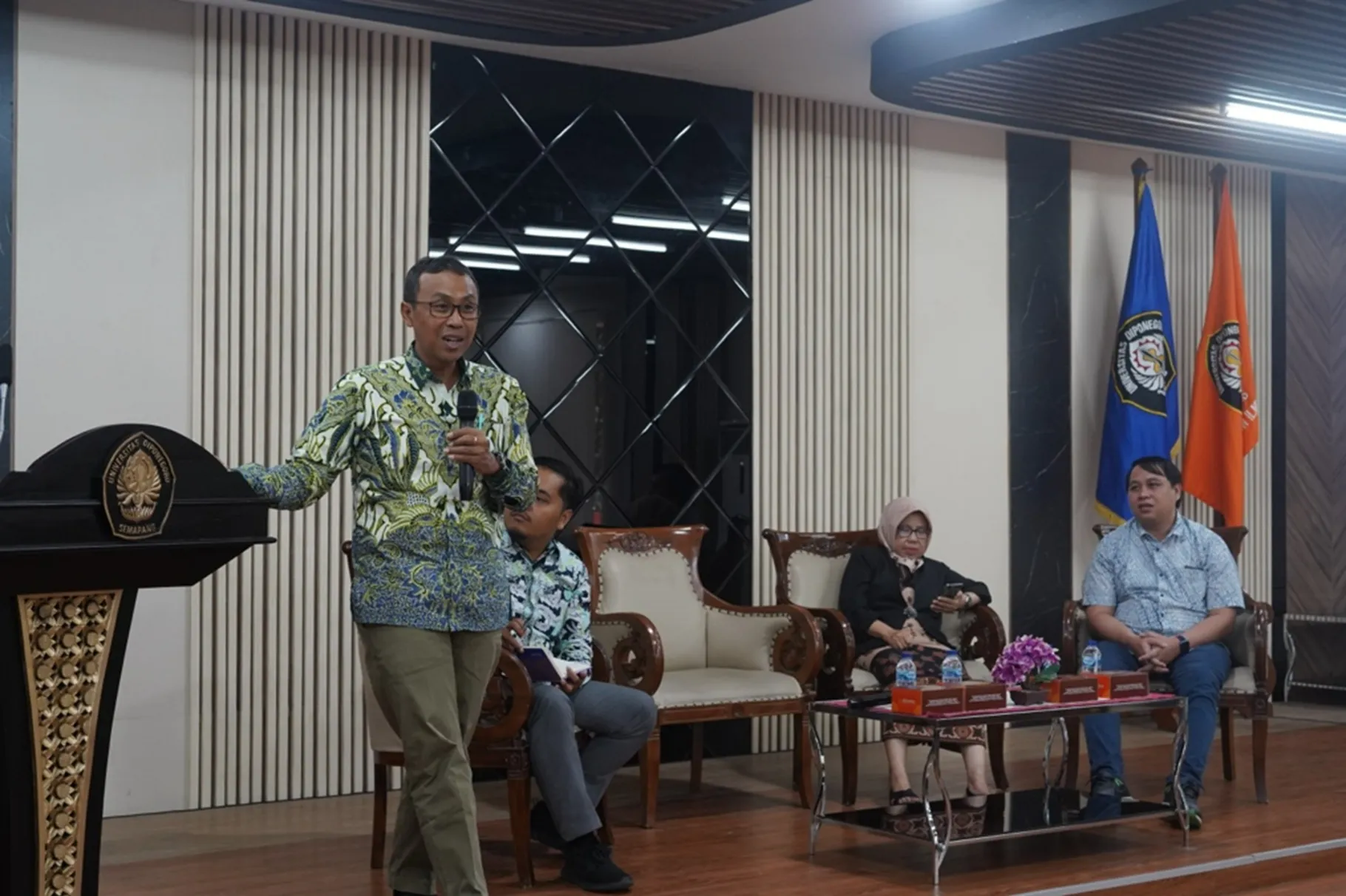
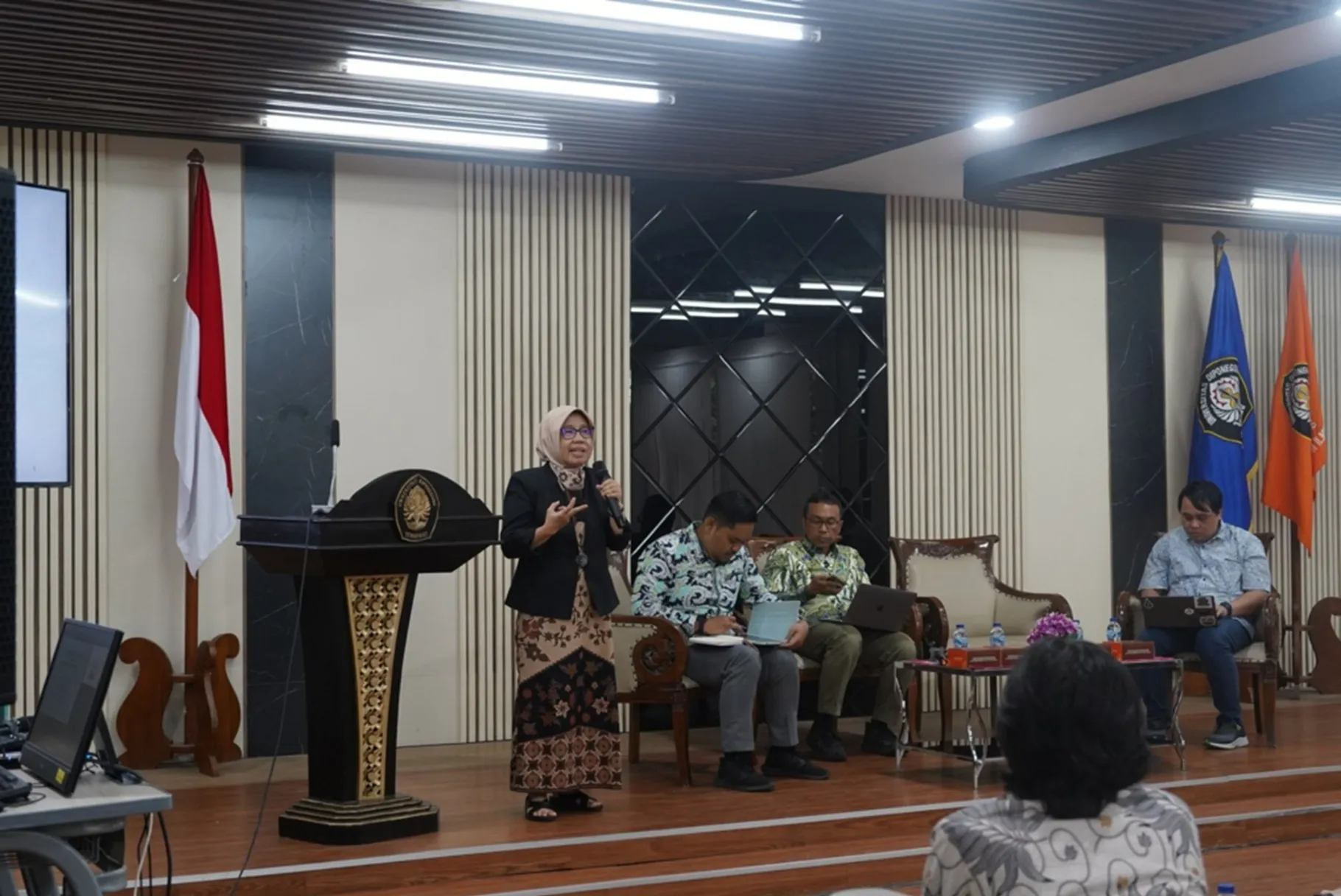
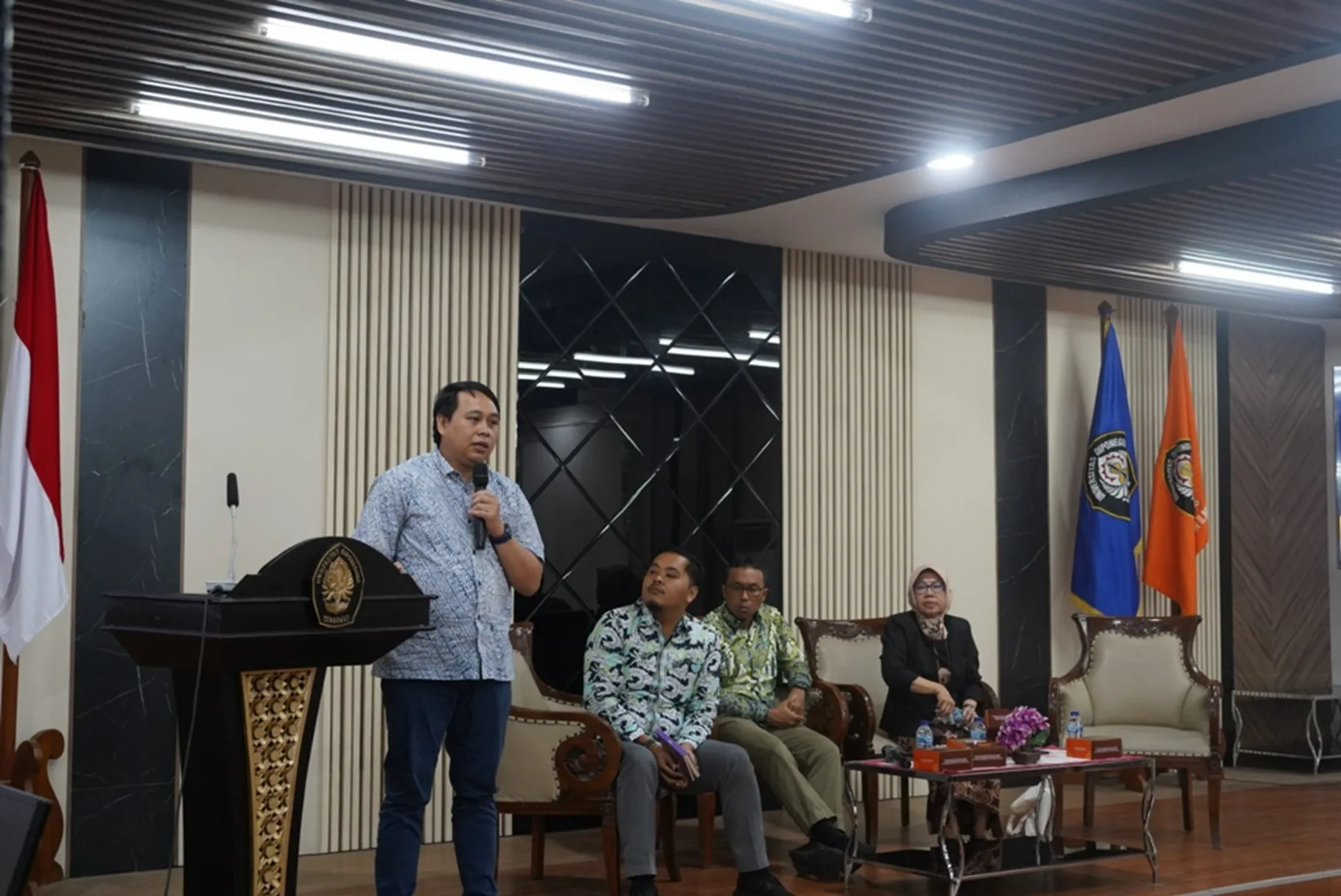
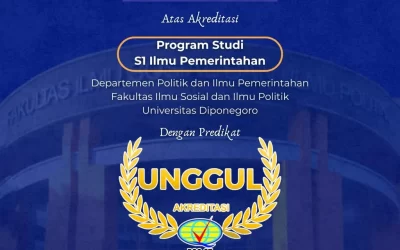
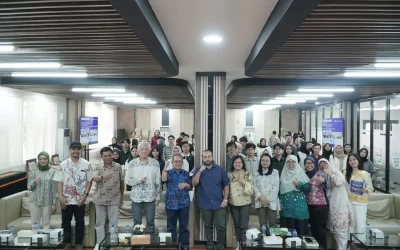
0 Comments